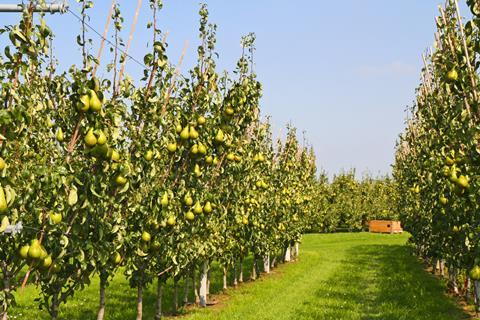
The future of apple and pear growing in the UK faces a ‘watershed moment’ unless the government and retailers work together to invest and grow the industry, British Apples & Pears has warned.
The caution was issued by the growers’ association, which revealed the number of apple orchards in the UK could halve in just 12 years unless action is taken.
The trade body made the discovery after conducting two studies that examined current and future apple and pear production, as well as infrastructure.
It found that while British apple and pear orchard hectarage has remained stable for almost 10 years (5,577 hectares in 2016 compared to 5,532 hectares in 2025), two of the three lowest hectarage years were recorded in 2023 and 2024.
An average of 213 hectares of apple orchards had been planted annually over the past five years, however just 145 hectares were slated for planting with new trees over the next three years – a 32% drop compared with the five-year average.
To maintain the current hectarage of apple orchards, UK growers would need to plant 369 hectares of new orchards each year, the body said.
The findings also revealed that none of the surveyed growers were planning on planting any new pear trees in the UK in 2026 or 2027, with pears described as “simply not profitable” for UK growers due to low returns.
“Supermarkets must commit to the British top fruit industry now, before it’s too late,” urged Ali Capper, executive chair of BAP. “They can’t rely on imports when climate change and geopolitical events will undoubtedly lead to scarcity.
”With long-term retailer commitments, growers can invest and ensure the future of British orchards and fruit supply. But it needs to happen now, before we start to lose our wonderful British apples and pears.”
A ‘missed opportunity’
The BAP surveys also found that 840 hectares – 15% of the total UK commercial orchard hectarage – of apple and pear orchards currently lie fallow and are not planted or being replanted, representing a “missed opportunity” for orchard expansion that would not involve having to increase farmland area.
In a separate BAP storage survey of responders representing 81% of the total picked crop of British apples and pears, and who have 1,203 stores between them holding up to 1.874 billion apples and pears, it emerged that growers lacked confidence to invest in new storage builds due to uncertainty around long-term investment plans and a focus on survival rather than growth plans.
“This is the most detailed picture we’ve ever had of the UK’s commercial apple and pear orchards – and it’s both inspiring and concerning,” said Capper.
“While we now have clear evidence that we have the potential to expand British apple and pear production, confidence among growers is being seriously undermined,” she added. ”We urgently need a policy and retail environment that supports long-term investment and growth, or we risk losing a vital part of British farming.”
The body has called on retailers to engage in long-term commitments and contracts that enable growers to invest in new orchards and new storage facilities.
It has also urged the government to increase the annual investment allowance from £1m to £10m to support investment and efficiency improvements in growing systems, harvesting, grading, packing and storage.
It has called for apple growers, stores and packhouses to be included in the energy discounts planned for the manufacturing sector, and to ensure that increasing numbers of seasonal workers are available to hand pick the apples and pears in British orchards.
The organisation added the funding for members of PO schemes should be continued, along with providing clear policy direction on how the end of the scheme will be managed.
“We face a watershed moment,” added Capper. “We can either stand by and watch the gradual decline of the nation’s orchards, or – with the right collaboration between growers, retailers, and government – we can become a farming and food security success story. It’s time to invest and grow these businesses.”







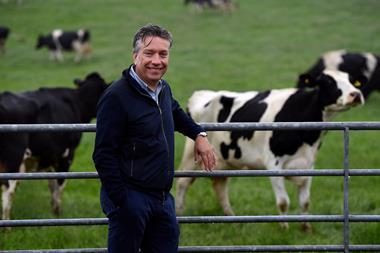







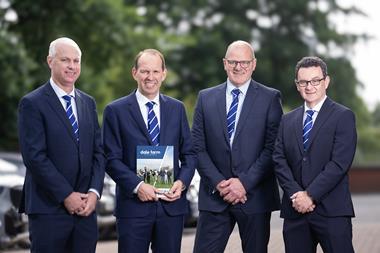
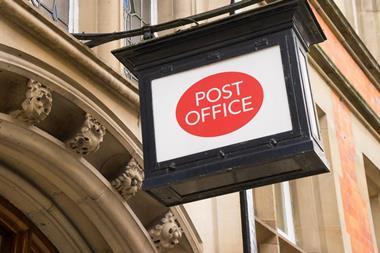
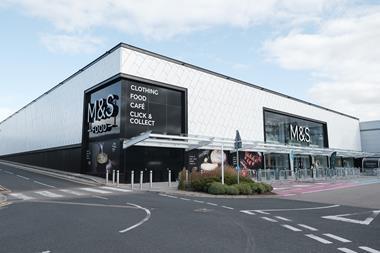
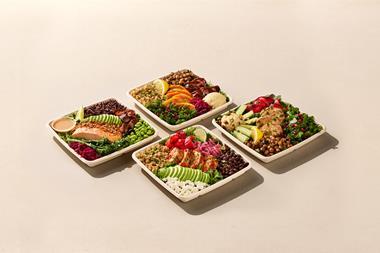
No comments yet